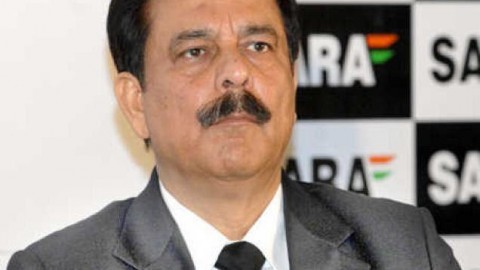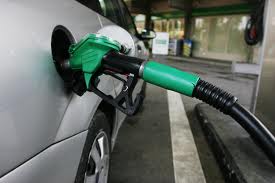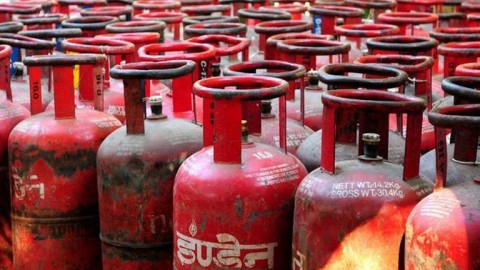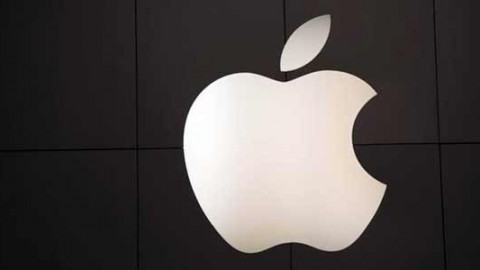Repo rate is the rate of interest charged by the RBI on its loans to commercial banks. As a result of the hike, the borrowing costs of banks go up; in turn, the loans given by banks to their customers become costlier; one of the effects of the hike in Repo Rate is the increase in the EMIs on house loans, car loans, etc.
The Reserve Bank of India has also deregulated the interest rates on savings bank deposits with effect from today. The Cash Reserve Ratio (CRR), another important regulatory tool in the hands of the RBI, is unchanged; as a result, the CRR remains at 6%.
Because of double-digit inflation, RBI has chosen to jack up the Repo Rate despite the near-certain adverse impact on growth.
According to thed policy statement released by RBI, inflation is expected to show a downward trend from December 2011 and touch 7% by March 2012. The RBI policy is expected “to continue to anchor medium term inflation expectations” while stimulating growth.









